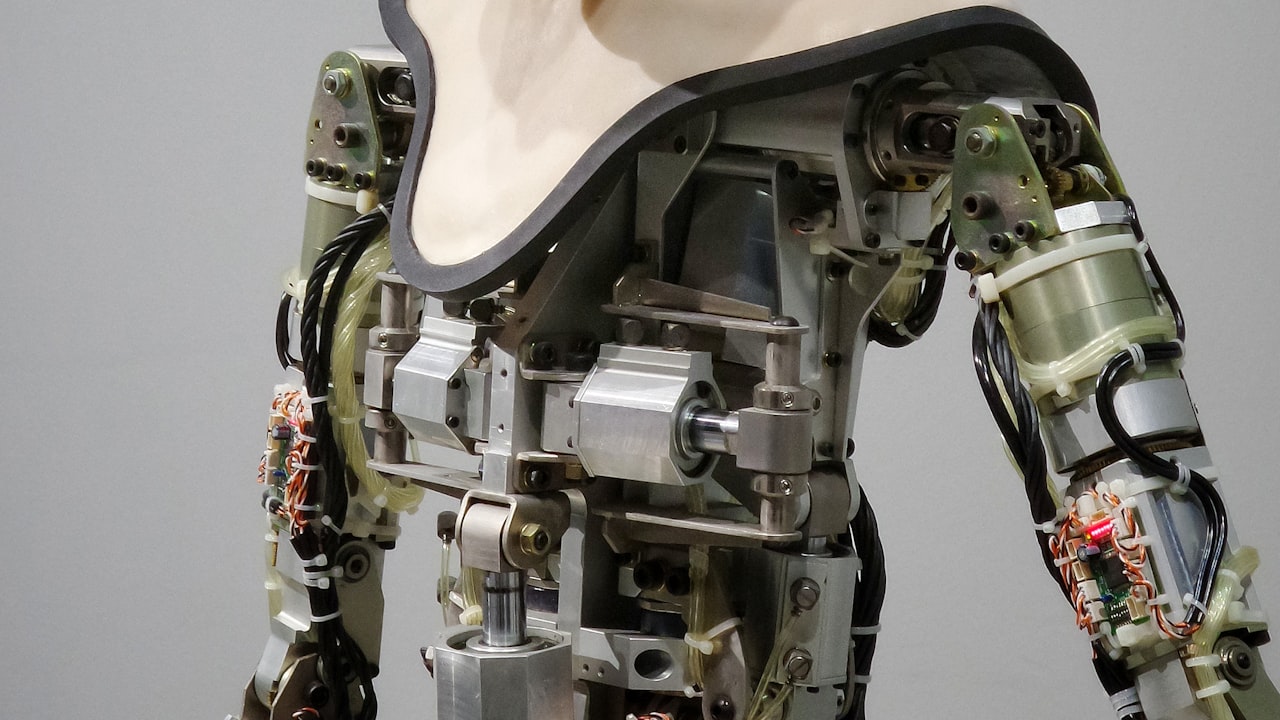 Title: The Evolution of Pharmaceutical Machinery: A Brief Overview
Title: The Evolution of Pharmaceutical Machinery: A Brief Overview
Pharmaceutical machinery has played a pivotal role in the advancement of the pharmaceutical industry. Over time, these machines have evolved significantly to meet the growing demands of the industry. In this article, we will explore the evolution of two key pharmaceutical machines: the tablet press machine and the capsule filling machine.
Tablet press machines are essential equipment used in pharmaceutical manufacturing to compress powders into tablets of precise shapes and sizes. The evolution of tablet press machines can be traced back to the early 19th century when manual presses were used to produce tablets. With the advancement of technology, the development of automatic and semi-automatic tablet press machines revolutionized the manufacturing process. The introduction of single-punch, rotary, and high-speed tablet press machines further improved efficiency and production capacity in pharmaceutical manufacturing.
One of the significant advancements in tablet press technology is the introduction of the TDP (Tablet Press) and THDP (Tablet Press High-Speed) series. The TDP series is known for its compact design, easy operation, and versatility, making it suitable for small to medium-scale productions. On the other hand, the THDP series is designed for high-speed production, offering increased output and efficiency. These advancements have significantly enhanced the quality and speed of tablet production in the pharmaceutical industry.
In addition to tablet press machines, capsule filling machines are another critical component in pharmaceutical manufacturing. These machines are used to fill empty capsules with the desired medication or powder formulations. The evolution of capsule filling machines has led to improved accuracy, speed, and efficiency in the manufacturing process. Manual capsule filling machines have been replaced by semi-automatic and automatic machines, which offer higher production capacity and reduced labor costs.
The integration of technology such as automation, robotics, and computerized systems has further revolutionized the pharmaceutical machinery industry. Modern tablet press and capsule filling machines are equipped with advanced features such as electronic controls, real-time monitoring, and data management systems. These technological advancements have not only improved the quality and consistency of pharmaceutical products but have also streamlined the manufacturing process, reducing errors and increasing productivity.
In conclusion, the evolution of pharmaceutical machinery, specifically tablet press and capsule filling machines, has significantly impacted the pharmaceutical industry. From manual operations to high-speed automated systems, these machines have transformed the manufacturing process, making it more efficient, accurate, and productive. The continuous innovation and development in pharmaceutical machinery reflect the industry’s commitment to quality, safety, and efficiency in drug production.

 Title: Pharmaceutical Machinery: Revolutionizing the Manufacturing Process
Title: Pharmaceutical Machinery: Revolutionizing the Manufacturing Process Title: “Innovations in Pharmaceutical Manufacturing: The Future of Pharma Machinery”
Title: “Innovations in Pharmaceutical Manufacturing: The Future of Pharma Machinery” Title: “Revolutionizing the Pharmaceutical Industry: The Evolution of Pharmaceutical Machinery”
Title: “Revolutionizing the Pharmaceutical Industry: The Evolution of Pharmaceutical Machinery” Title: “Revolutionizing the Pharmaceutical Industry: The Role of Pharmaceutical Machinery”
Title: “Revolutionizing the Pharmaceutical Industry: The Role of Pharmaceutical Machinery” Title: “The Evolution and Impact of Pharmaceutical Machinery in the Healthcare Industry”
Title: “The Evolution and Impact of Pharmaceutical Machinery in the Healthcare Industry” Title: “The Role of Pharmaceutical Machinery in Modern Healthcare”
Title: “The Role of Pharmaceutical Machinery in Modern Healthcare” Title: “Revolutionizing the Pharmaceutical Industry: The Role of Pharmaceutical Machinery”
Title: “Revolutionizing the Pharmaceutical Industry: The Role of Pharmaceutical Machinery” Title: “Revolutionizing the Pharmaceutical Industry: The Impact of Pharmaceutical Machinery”
Title: “Revolutionizing the Pharmaceutical Industry: The Impact of Pharmaceutical Machinery” Title: The Impact of Pharmaceutical Machinery on Drug Manufacturing
Title: The Impact of Pharmaceutical Machinery on Drug Manufacturing



